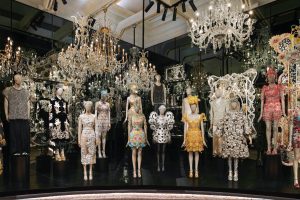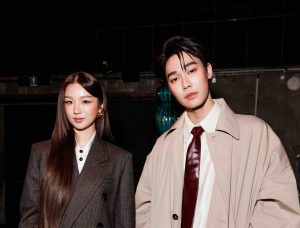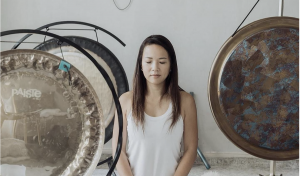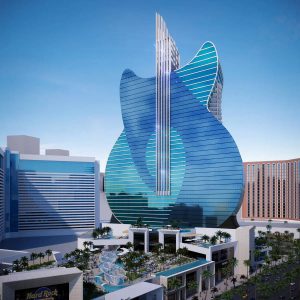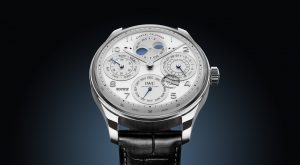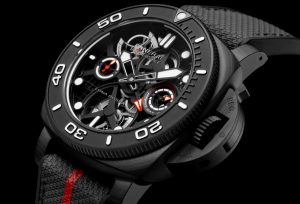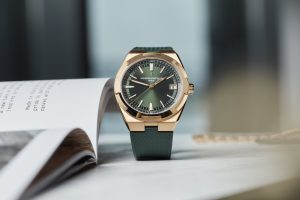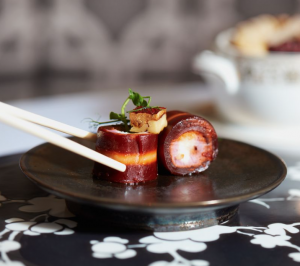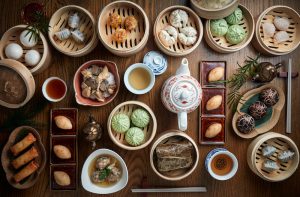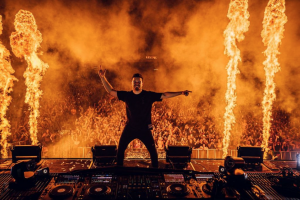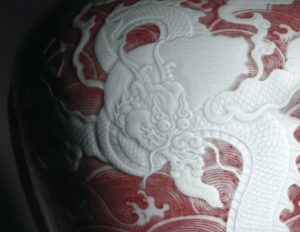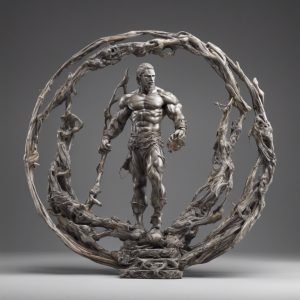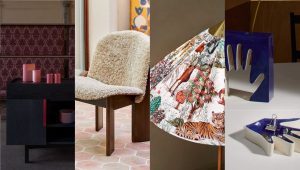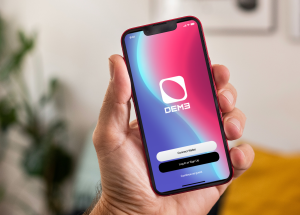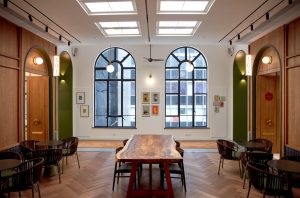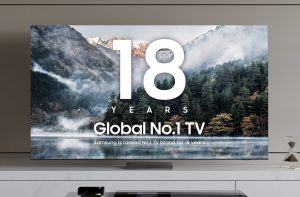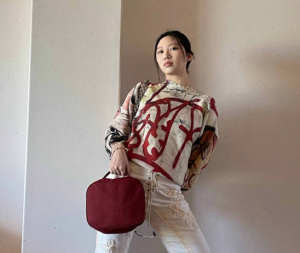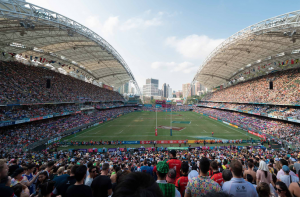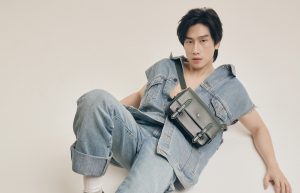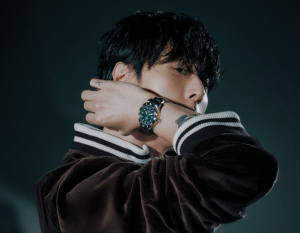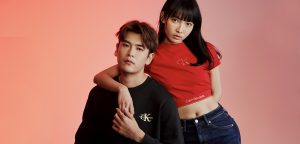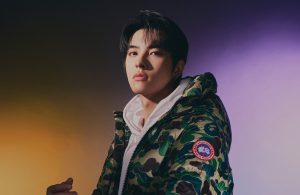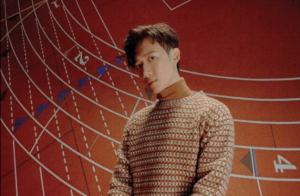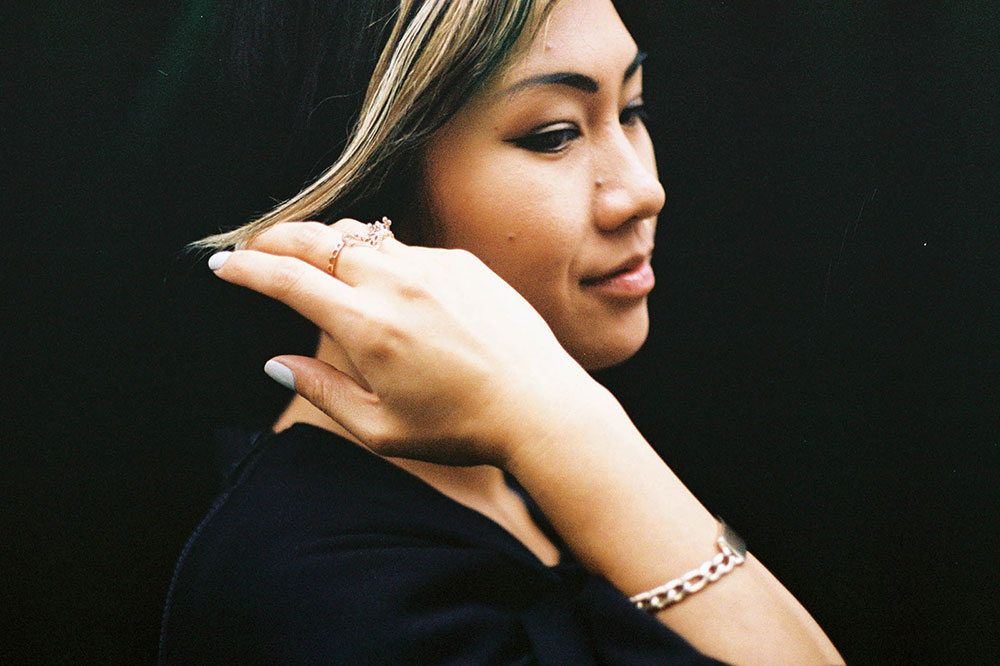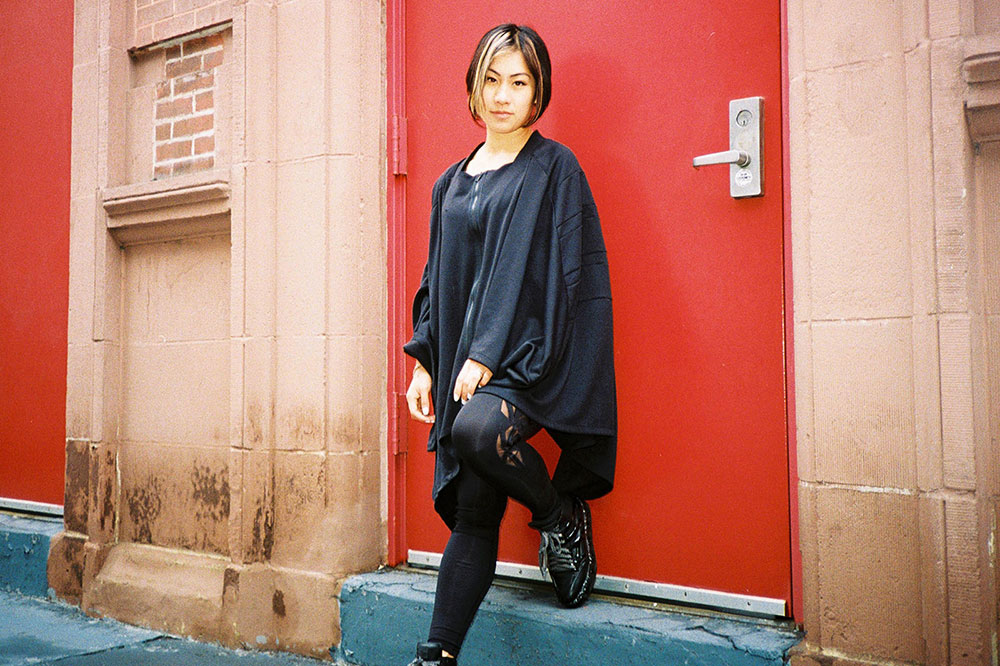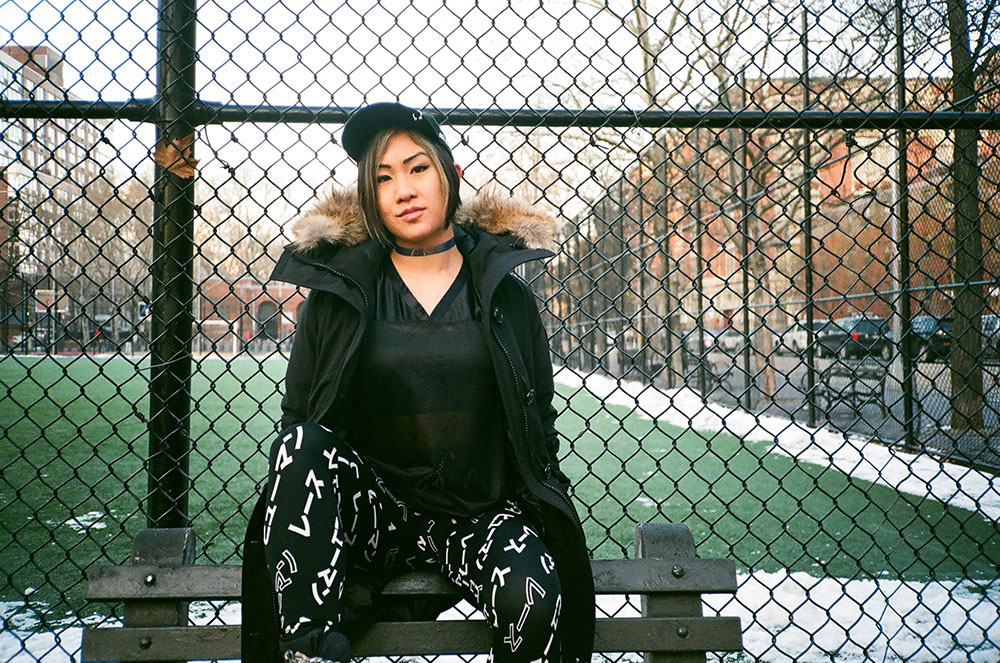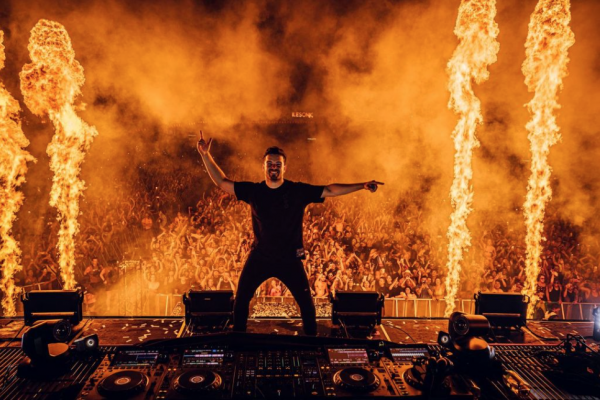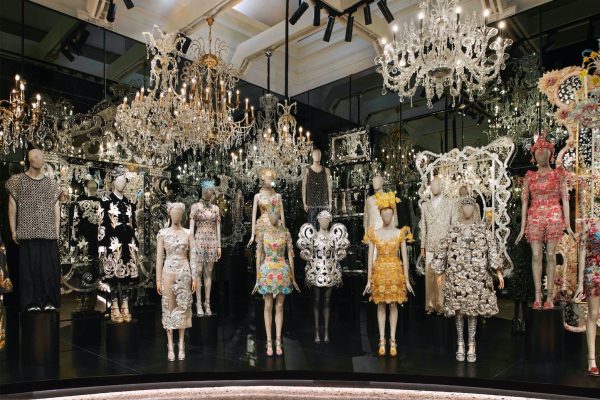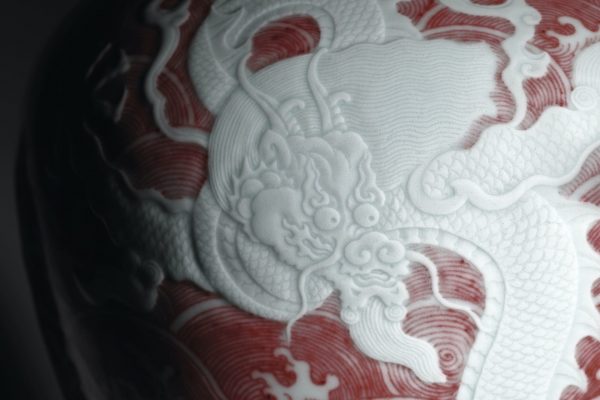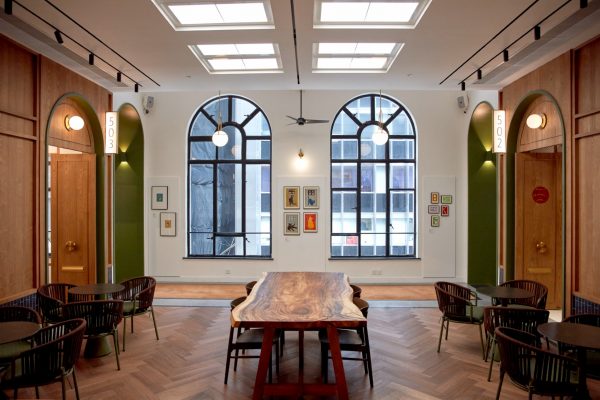#culture / #entertainment
West to east with Asian American music veteran Allyson Toy
BY #legend
April 16, 2018
For Allyson Toy, growing up in the San Francisco Bay Area involved a childhood of music. This passion, mixed with a host of Asian-American role models to look up to as a second-generation Chinese-American, blossomed into a career in DJing – and that’s where it all started. Through music, she was able to flex her creative side as DJ Toy, as well as her business acumen. But it also allowed her to proudly represent her roots during a time when representation is as important as ever.
After spending 10 years hustling in New York City and earning a resume that included stints in music touring, media and A&R, Toy packed her bags and moved to Shanghai. Today, she’s managing rising hip-hop star Bohan Phoenix, she’s still a renowned DJ, and she’s a trailblazer bridging Asia and the West through the shared experience of music.
Being both an artist and a manager has allowed her to learn the ins and outs of China’s music scene – one that’s completely different than the industry back in the States. From the West to the East, on stage and backstage, as a headliner and behind the scenes, Toy is doing it all.
Tell us about everything you do.
First and foremost, I’ve worked in the music industry for the last 10 years, bouncing between music touring (WME, CAA), media and editorial (The Fader, 88rising), artist relations for Red Bull and my favourites – DJing and managing my artist, Bohan Phoenix. The diversity of these experiences, especially as a Chinese-American woman, has afforded me a uniquely varied perspective on my life and work. In the 10 years I lived in New York, this inspired me to support and bring together people with similar experiences, and ot share my perspective as an occasional writer as well.
How did you get involved with music and DJing?
Music was always my first love. Since I was a kid, I loved playing the piano; I was pretty good at it and actually loved practicing. It was really rewarding to see my hard work pay off over time. I got interested in DJing growing up in the Bay Area, where turntablism and scratching were getting really popular. DJ Qbert, a Filipino-American who lived not far from me, was dominating that world by a long shot, which was crazy-inspiring. He was so skilled and creative, and I felt it was the first time I saw an Asian-American being “cool”. I wanted to try it out myself – and just got hooked. The rest is history.
You’ve previously spoken about your second-generation identity and how it’s important to represent your Asian roots…
I attribute a lot of the importance I place on my Asian roots on my growing up in the Bay Area, which is a very diverse and inclusive place. It’s the part of the US with the longest history of Chinese immigration. In more recent years, lots of Asians and South Asian immigrants have come there, worked hard, and earned significant success in medicine and the tech industry. The Silicon Valley ethos is disruptive and progressive at its core, which I think makes for a more accepting environment than something like banking, which is so white and obsessed with legacy. The success of my parents’ generation, and how our environment welcomed that, made it easy for a lot of kids like me to be proud of our families and where they came from.
When I moved to New York, I found there were a lot fewer “cool Asians” or ABCs [American-born Chinese] like me at first. It took me a while to realise this might have been because they hadn’t grown up with the same kind of support from their communities that I did. The “Asian DJ” was pretty normalised in California, but 10 years ago in New York, it was less so. As a result, me being a good DJ was pretty unexpected to most – and I definitely used the element of surprise to my advantage. Promoters, people and other DJs always remembered me. I stood out, delivered every time – the word spread. Call it competitive advantage.
Why do you feel it’s important to represent your roots?
Partially because I’m proud of what makes me different from others I grew up around, but mostly because my Asian roots represent my family. I like to think I inherited the same bravery that allowed my great-grandfather to immigrate to San Francisco and become a successful businessman, or my grandmother, who was the first person in my family to go to college – as a woman in the 1920s. How could I not be proud of that?
How do you think Asian representation in Western media has changed in the past few years? Is it improving?
It’s vastly improving, but has a long way to go. In the US at least, we have faces like Eddie Huang with Fresh Off the Boat on ABC or Aziz Ansari’s Master of None, and others popping up. But at the same time, casting directors are still pigeonholing us or filling Asian roles with white faces. If we really want to nitpick, I’d say some of the roles we do get cast for also have their limits. Though satirical overall, HBO’s Silicon Valley has one Chinese and one Indian character, but only the white characters exhibit any kind of leadership or innovation abilities. Things are improving because there are more and more Asian-Americans in the back offices of major network TV, but we need better roles on stage and on screen to really make a difference.
Why did you decide to move to China?
Several reasons. First, I wanted to connect more with my roots and better learn the language, and second, because I’m so excited about the music and creative scenes on the mainland. They’re really on the rise and, unlike in New York, there’s still a real sense of novelty that makes culture hard to take for granted.
How does your experience in music compare between America and China?
They’re completely different. Especially for some of the more experimental independent music, the US has had this for ages, so it feels easy to take for granted. In Mainland China, due to censorship and other factors, it’s more scarce, and listeners who seek it out do so with a greater sense of intentionality and appreciation – at least for now.
In the music industry in China, what are some of the issues and barriers you’ve come up against?
In the US, I had established myself and my work pretty well, but started to feel frustrated by the oversaturation and the fact that even the people with the best experience and contacts could still only work within the framework that already exists. China lacks the same kind of infrastructure and while less structure sometimes means disorganisation, there’s way more room to grow and innovate.
Were you always interested in the business side of things in music?
Absolutely! It’s a nice combination of left and right brain that’s always a challenge.
What’s it like managing Bohan Phoenix?
It’s a blessing. Bohan’s music is bigger than just him – he has an important message to share about globalisation, family and identity that anyone, especially me, can relate to. He’s also creating an important cultural bridge of understanding between China and the US, which I think will be very important for people, business and the world in the future. I hate the way the US talks about China in the media – it’s always so adversarial. That is: “China soon to overtake the US in tech” as opposed to “Tech in China is booming.” Bohan’s music shows people on both sides that we have more in common than we may think. And I think that mutual cultural understanding will be necessary for positive partnership and cooperation between the world’s two superpowers in business, trade… everything.
Was the hip-hop scene in China what you expected it to be like? What was the most surprising thing when you first encountered it?
China’s hip-hop scene is so vastly different from the US, so I’m glad I dove in with an open mind and few expectations. I think the most surprising part was the excitement and enthusiasm I saw from fans. Especially in second-tier cities, it was refreshing to see so many people so open and wanting to connect with us through music.
How do you think China’s music scene will evolve in the next few years?
I think China’s music scene historically has been very pop- and commercial-heavy, but there’s also been a great number of independent artists going against the grain. I think over the next few years, more and more of those artists will shine and encourage the younger ones to follow suit.
What are your thoughts on government intervention in the music and creative scenes?
It might be hard for a Westerner to understand, but now that I’ve lived in China for a bit, it makes sense to me. Whether I support it or not doesn’t matter, but I think it could actually be a positive thing for hip-hop specifically. The genre was built on resistance, counterculture and thriving against the odds. So in a way, censorship could be the obstacle that challenges artists to get creative and rise above it.
Has the recent hip-hop ban in China affected your or Bohan’s work at all?
Not yet.
What does bridging the East and West mean to you? Why is it important?
Bridging East and West, to me, is about creating understanding and highlighting what people have in common across two different ways of life. In a more interconnected world than ever, its importance should be self-evident. At the core of what keeps the peace, and fosters collaboration and understanding between cultures, is simply people connecting with other people.
This feature originally appeared in the April 2018 print issue of #legend


